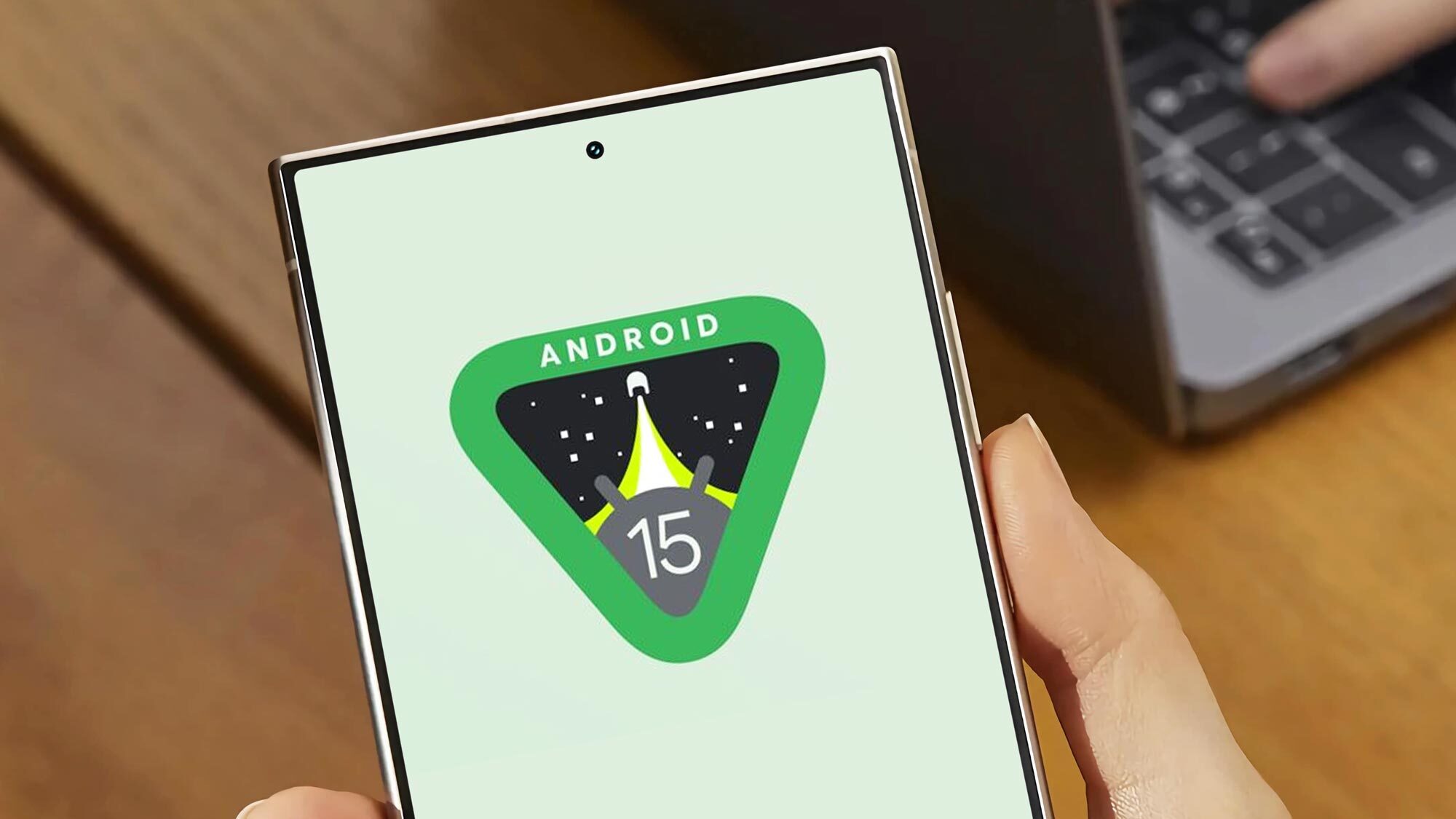
Android 15 is coming later this year, and the first developer previews have already been released — teasing us with some of the new features and enhancements coming to the software. Us ordinary folks will have to wait until either the release of the Android 15 beta or Google I/O in May — whichever comes sooner.
We’ll no doubt see the usual suite of enhancements to things like performance and efficiency that are, while rather unexciting, pretty important. But we’re also hearing about some pretty serious changes that are on the way. Maybe not as serious as Apple’s rumored plans for iOS 18, but rather exciting changes nonetheless. We’re talking new ways to communicate, better foldable phone support and a bunch of enhancements for privacy and security.
There’s still a lot we don’t know, and Google will no doubt fill in the blanks later, but right now these are the 9 Android 15 upgrades that we’re most excited about.
Satellite communication
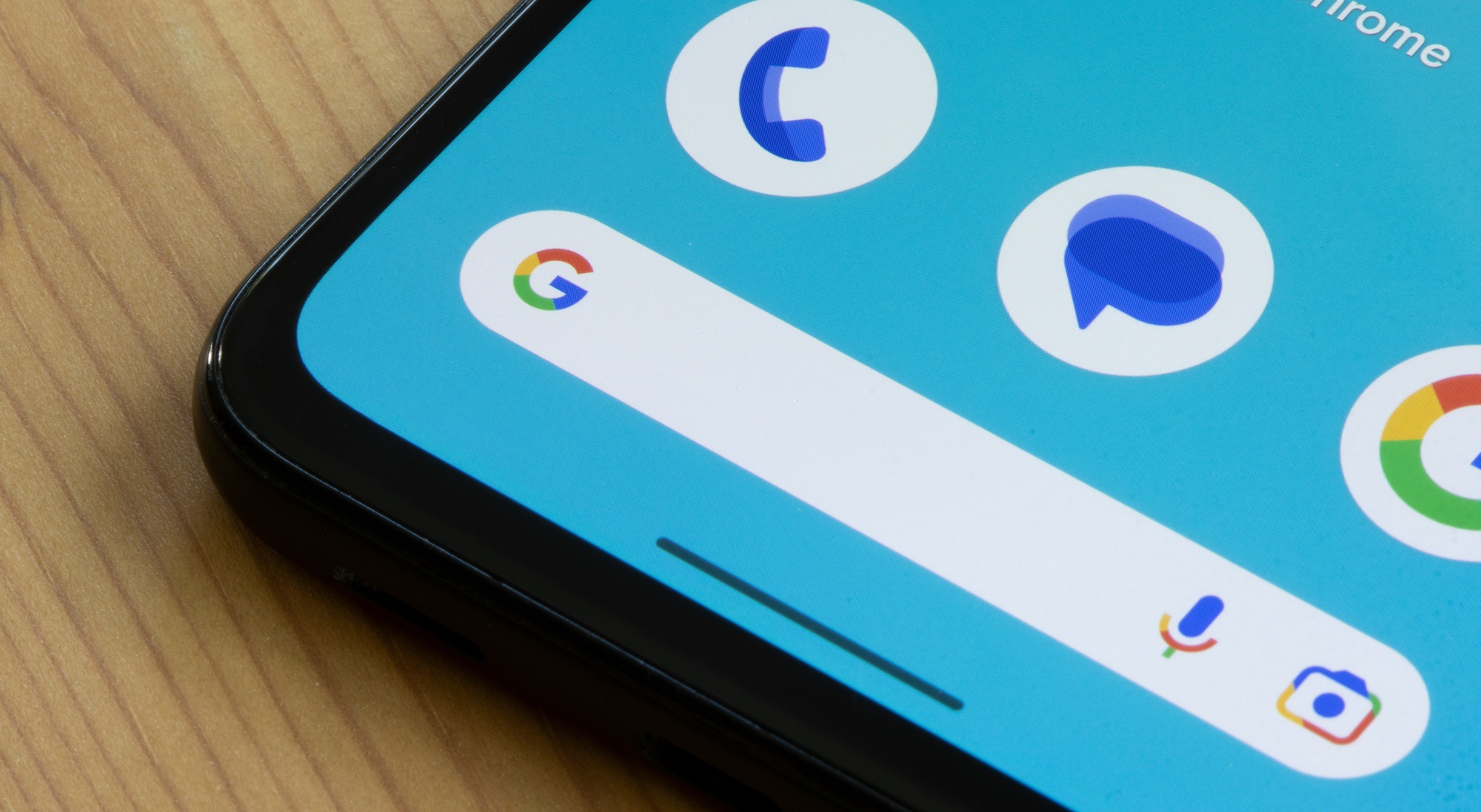
Android is about to catch up to Apple and offer its own satellite communication system, with support already landing in the second Android developer preview. But Google may take things a step further than Apple’s offering, which is limited to emergency communication, by offering two-way satellite messaging with anyone — not just emergency services.
This particular feature may be exclusive to Pixel phones, at least initially. But it means you’re far less likely to wind up somewhere totally cut off from the rest of the world when you don’t want to be. It’ll be text only from the looks of things, no doubt to stop people wasting bandwidth sending memes, and we can probably expect to pay a premium for non-emergency messaging.
Better privacy & security
There’s no single change coming to privacy and security with Android 15, but we have heard about a bunch of smaller improvements that should combine to make the Android experience that extra bit safer.
The first is a new privacy sandbox, allowing developers to focus on enhancing user privacy, but while still being able to offer personalized ads. Because Google and devs do love their money. Android 15 apps will also be able to detect when they’re being recorded, and warn you of that fact right away. In addition, the Android 15 update is expected to offer better protection for two-factor authentication codes, ensuring untrustworthy apps can’t spy on 2FA codes you’ve been sent. It looks like you’ll also be able to prevent 2FA codes appearing on the lock screen, where prying eyes may see them.
Better foldable cover screen support
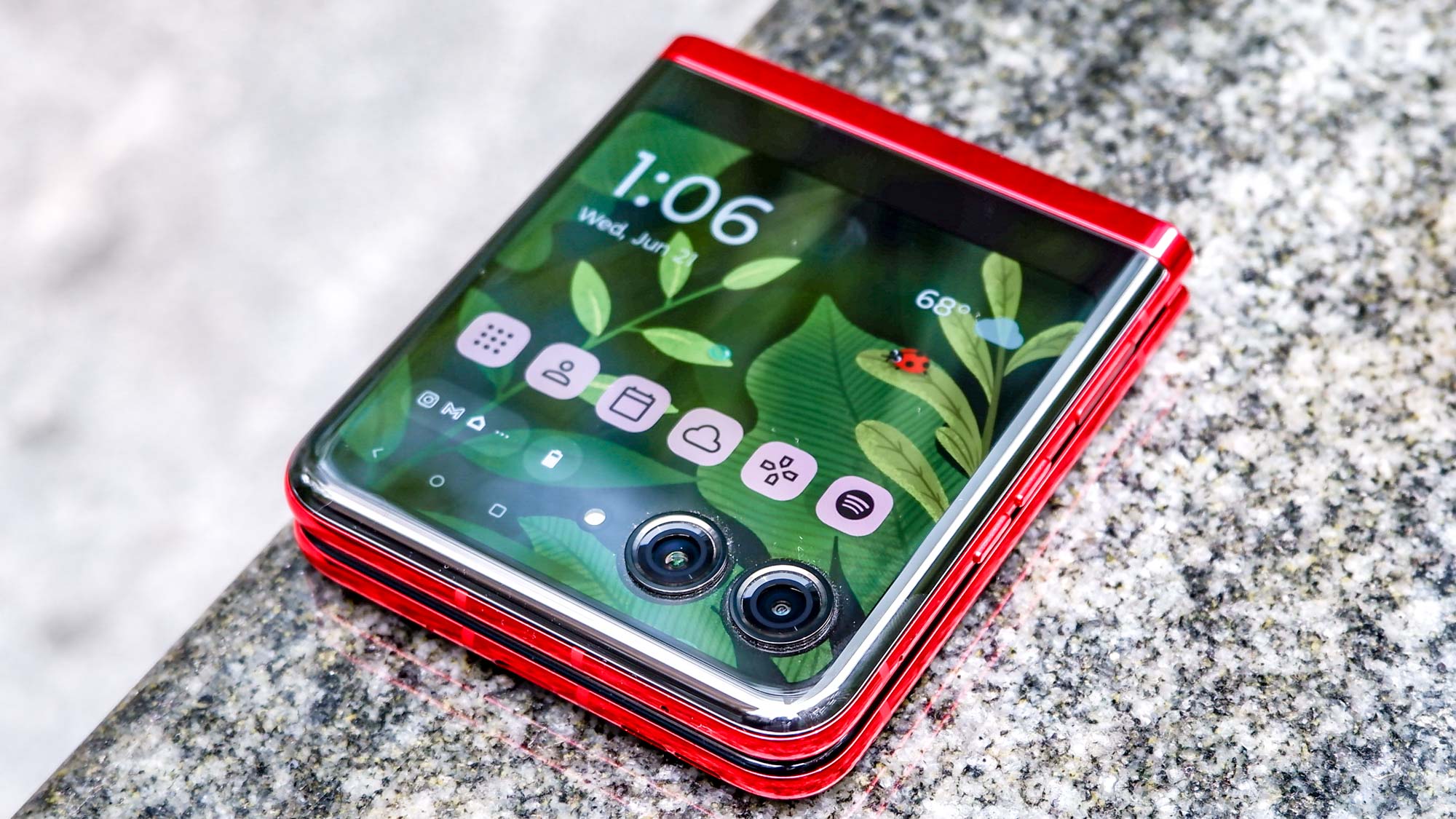
Android devices come in all shapes and sizes, and the software needs to be able to adapt to a variety of different screens and shapes and ensure everything runs the best way possible. With the rise in foldable phones, including ones made by Google itself, Android 15 will have improved support for cover screens in foldable flip phones — or flippables if you prefer.
Because those cover displays are smaller than a standard screen, but still large enough to run full Android apps, they don’t always display properly. So Google is offering better support for apps on cover displays, and giving developers the option to opt into this support if they want it. By extension this should also ensure those apps that don’t work so well on such smaller displays are restricted to the main display.
Partial screen sharing
If you use one of the best video call apps on a desktop, you’ll know that you can either share your whole screen or just a single window. Android 15 will bring a similar feature to smartphones, allowing users to share a single app without broadcasting everything to the people on the other end of the call.
The partial screen sharing feature also allows you to record a single app rather than the whole screen, though some Android phones can already do this. Pixel phones, for instance, let you do this with the built-in screen recorder, but this should bring that functionality to other Android phones when they upgrade.
Better lost device support
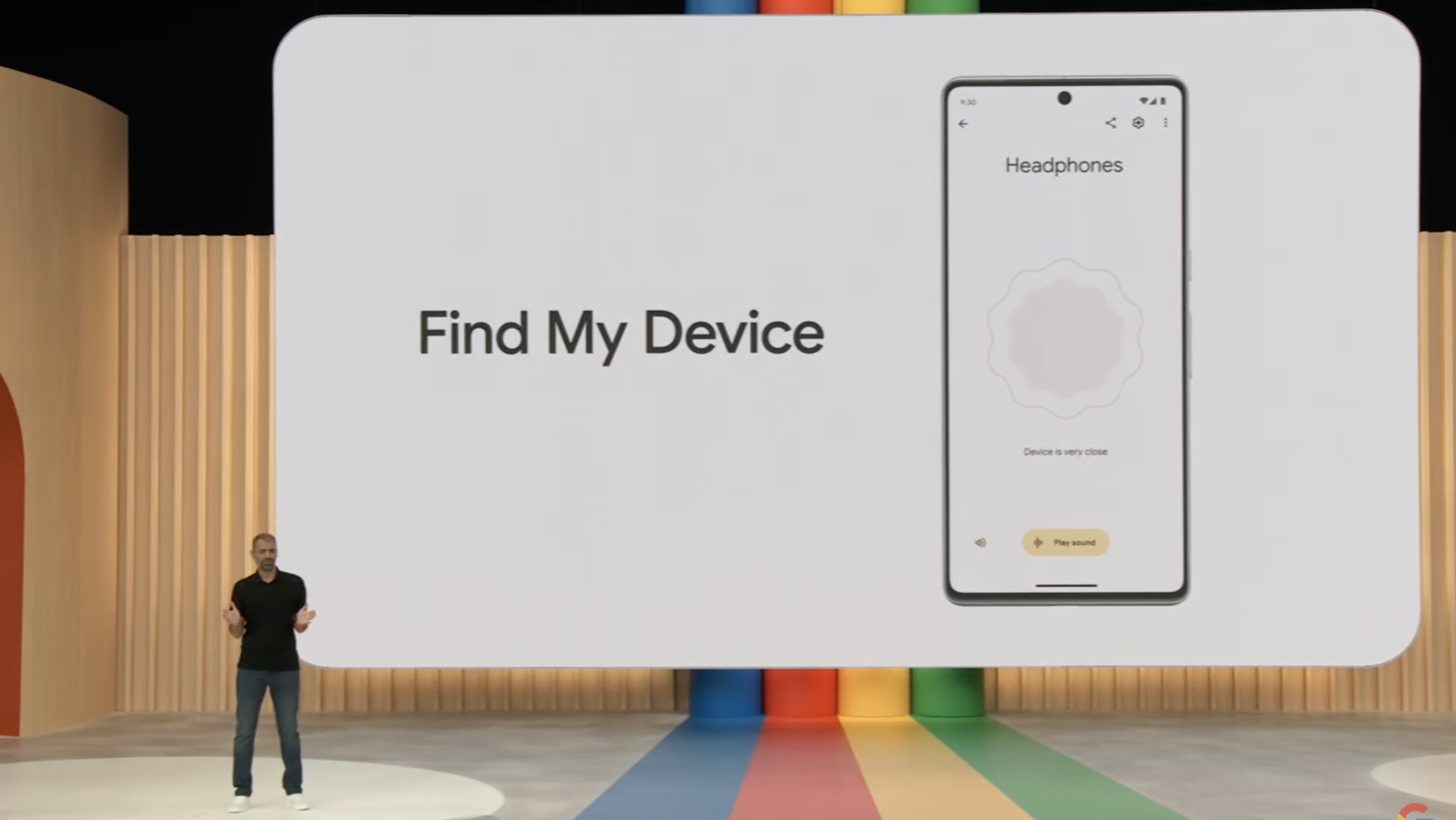
While we still don’t know when Google’s revamped Find My Device network is going to launch, Android 15 may be making Pixel 8 phones a little easier to find when they get lost — even when the phone is switched off. Apple’s done this for a while and now Android is catching up, though it won’t be available on the Pixel 7 or any older devices.
The new Powered Off Finding API is designed to let phones store a pre-computed Bluetooth beacon in the Bluetooth controller’s memory. These beacons continue to operate even after the phone has been turned off, allowing you to hunt it down. However, these beacons will still need power, so if the battery is completely empty then it may not work.
Lock screen widgets
Lock screen widgets used to be available on Android, before vanishing almost a decade ago on Android 5 (Lollipop). Fortunately, it looks like Android 15 may bring them back from the dead, or at least that’s what some stray code found in the Android 14 QPR 2 beta suggests. Which is no surprise considering Apple added lock-screen widgets in iOS 16 and made them interactive in iOS 17.
Android sleuth Mishaal Rahman only managed to get a handful of Google app widgets running on the lock screen, and speculates that it could be limited to devices that can run Android’s hub mode — like the Pixel tablet. But the beta version of the widgets weren’t what we’d call complete, so a lot of things could change. While we hope Google has larger plans to roll out lock screen widgets again, this would definitely be a good first step to a proper comeback.
Notification cooldowns
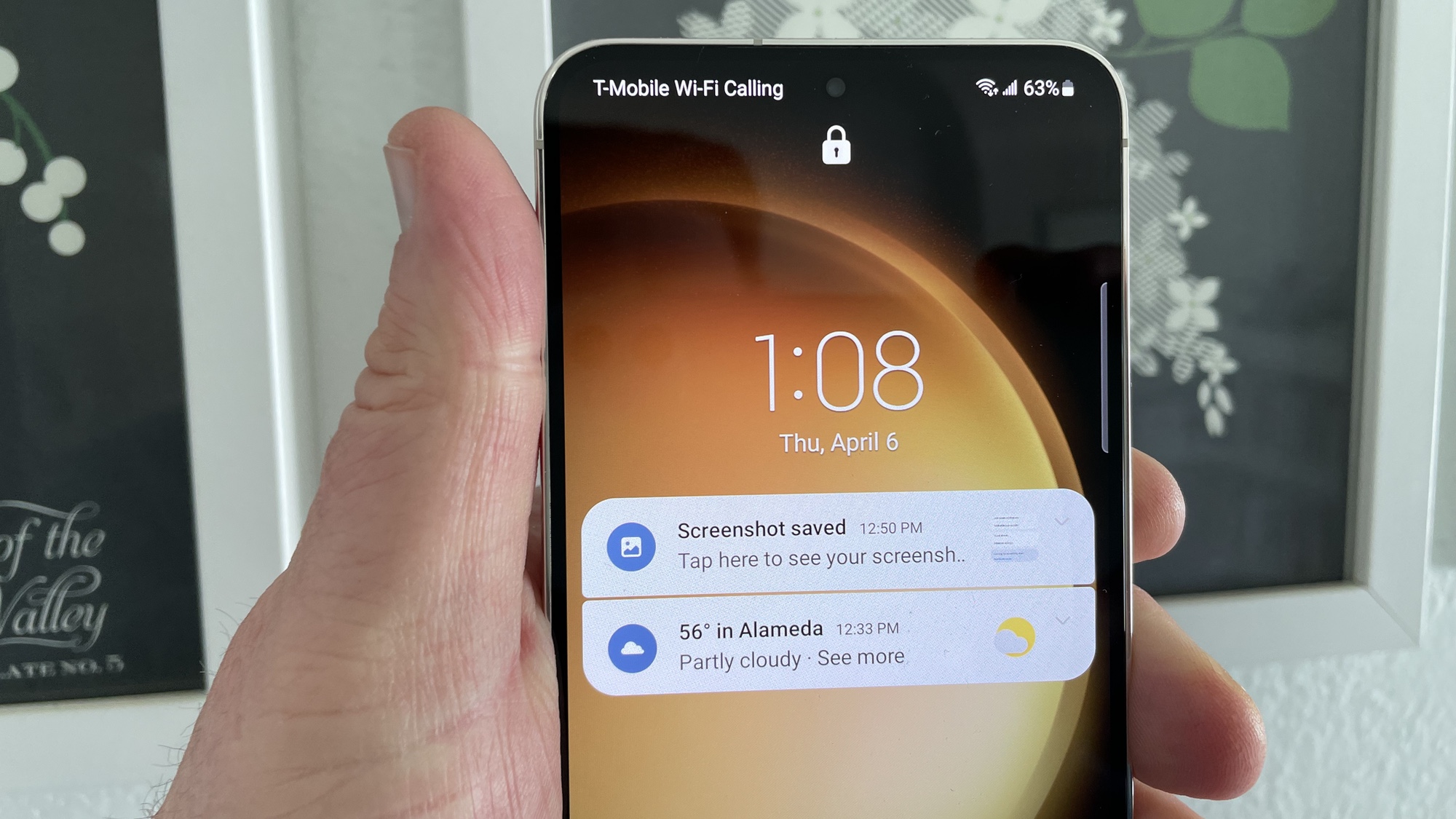
If you’re sick and tired of apps constantly pinging you with notifications, then Android 15’s rumored “notification cooldown” feature could make your life a lot easier. The idea is that you can apply a cooldown to all notifications or specific conversations, and will slowly lower the ringer volume with each successive notification you get.
That makes them that much easier to ignore, but without having to go all-in with Do Not Disturb. That means you’ll still get all the other notifications that haven’t been subjected to a cooldown, and those offending notifications won’t be completely silent — letting you get back to them when you’re good and ready.
Edge-to-edge displays as standard
Android 15 may also be making sure apps make the most of the available screen space, by making edge-to-edge displays mandatory. Currently developers are able to leave a gap where the Android status bar should be, whereas edge-to-edge displays extend what’s on screen underneath the bar to the very edge of the screen.
Currently edge-to-edge mode is optional, but it means there are situations where apps don’t make the most of the screen space. It also means that no matter what orientation you have your phone in, you won’t be left with any gaps or ugly black bars messing up the look of your screen.
Continue using apps on Fold
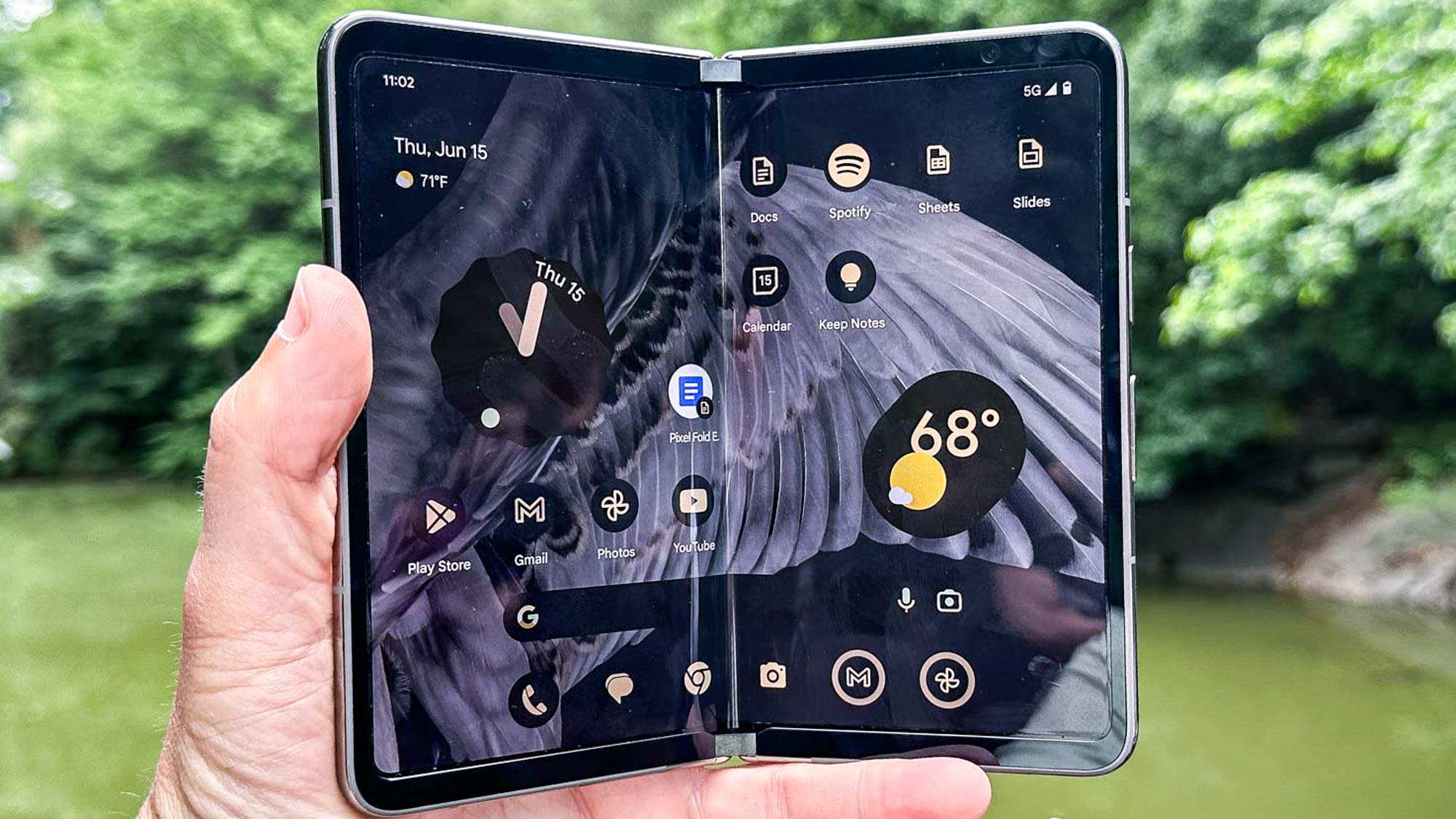
Finally Pixel Fold owners will be happy to hear that Android 15 is expected to let you continue using apps after you close the main screen. That means if you’re in the middle of a task, and have to switch from interior display to cover display you should be able to continue as normal.
Options found in Android 15 developer preview 2 suggest that you’ll be able to set this to always happen, or with a “swipe up to continue” option. Meaning you’ll have to specifically activate the screen switch by swiping up from the home bar. If it sounds familiar that’s because it’s pretty similar to something the OnePlus Open does already — and we expect other foldable phones will follow suit in the future.
Android 15 outlook
Android 15 is looking to be a very run-of-the-mill upgrade for Google's mobile ecosystem, though that could change. While iOS 18 is said to have a major push to include AI and potentially even a interface redesign, Android 15 seems more focussed on a lot of behind-the-scenes changes to enhance the user experience in smaller and less obvious ways.
But that's certainly no bad thing, because there's still a lot going on. Not only should Android 15 make a bunch of useful, albeit subtle, changes to the software, it also looks like Google is doing what it can to catch up to some of Apple's recent advances. And frankly I can't wait to get lock screen widgets back after all this time.







